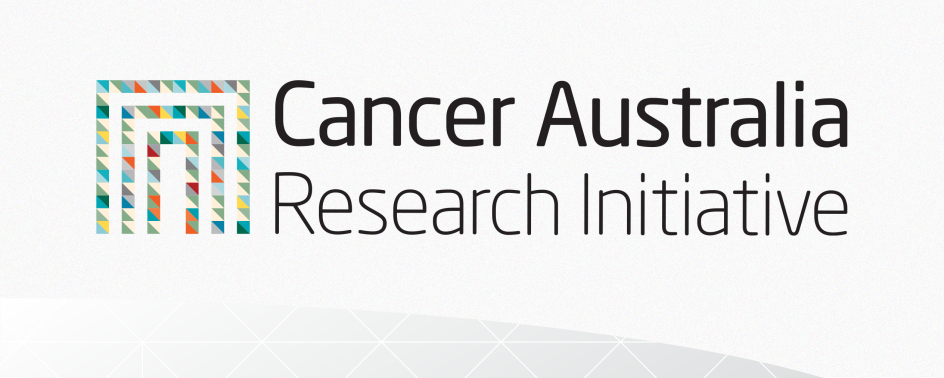
The Albanese Government has launched the Cancer Australia Research Initiative (CARI), a bold new program aimed at addressing emerging needs in cancer research.
The program commits $7 million over three years to fund research into early-onset cancers. Early-onset cancer refers to cancers that are diagnosed in younger adults, typically between the ages of 20 and 49.
Early-onset cancers, such as colorectal, pancreatic, thyroid, and breast cancer are rising globally. Early-onset cancers present unique challenges due to their diverse sub-types and complex causes, which are likely multifactorial and involve both environmental and genetic factors.
Recent data from the Australian Institute of Health and Welfare reveals a significant increase in cancer diagnoses among Australians in their 30s and 40s over the past two decades.
Between 2000 and 2024, cancer rates for people in their 30s have risen from 121 to an estimated 141 per 100,000, and for people in their 40s, from 280 to an estimated 323 per 100,000. Notably, Australia now has the highest rate of early-onset colorectal cancer among 50 countries, according to a recent global analysis published in The Lancet Oncology.
Cancer Australia’s new CARI program reflects the evolving cancer research landscape and aligns with the Australian Cancer Plan, focusing on areas of unmet and emerging need.
The first CARI Targeted Call for Research (TCR): Early-Onset Cancer 2025, opens on 16 July 2025 and closes at 5pm (AEST) on 10 September 2025.
The program aims to enhance understanding of early-onset cancer and to develop novel clinical approaches for earlier diagnosis as well as innovative models of care. It will support multidisciplinary, collaborative research that leverages existing activities and connects with broad-based research infrastructure, thereby informing future policy and large-scale studies.
Additionally, the program is committed to promoting capacity building within the cancer research workforce, ensuring that at least 30 per cent of research teams are comprised of early to mid-career researchers.
In this first round of the CARI, Cancer Australia is calling for applications from the National Health and Medical Research Council (NHMRC) Administering Institutions with a focus on translational research and proposals addressing cancers with a greater burden of disease.
Projects may focus on single or multiple tumour types, and proposals relevant to Aboriginal and Torres Strait Islander communities and other priority populations identified in the Australian Cancer Plan are strongly encouraged.
The CARI is directed by Cancer Australia and delivered and funded in partnership with the NHMRC.
Applications must be submitted through NHMRC’s grant management system. Guidelines and more information are available on GrantConnect.
Quotes attributable to Minister Butler:
“Research is a key weapon in our unrelenting fight against early-onset cancers.
“The Albanese Government’s funding could lead to improved health outcomes for people with early-onset cancers with a focus on earlier diagnosis and better care.
“The Cancer Australia Research Initiative will prioritise areas of unmet and emerging need, beginning with a dedicated focus on cancers affecting young people.
Quotes attributable to Professor Dorothy Keefe, Chief Executive Officer of Cancer Australia:
“It should never be said that someone is too young to have cancer. While cancer has traditionally been considered a disease of ageing - with rates of lung, bowel, and breast cancer increasing as people get older - there has been a noticeable rise in the number of young adults developing these cancers over the past 20 years. Although the absolute numbers remain small, the increase is real and varies across different cancer types.
“It’s also important to consider the impact of early-onset cancers on Aboriginal and Torres Strait Islander communities and to support early diagnosis and good treatment and survivorship outcomes.
“The CARI program aligns with the Australian Cancer Plan, which aims to maximise cancer prevention and early detection with actions to improve cancer outcomes for all Australians, with a strong focus on children, adolescents, and young adults as key priority groups.”

